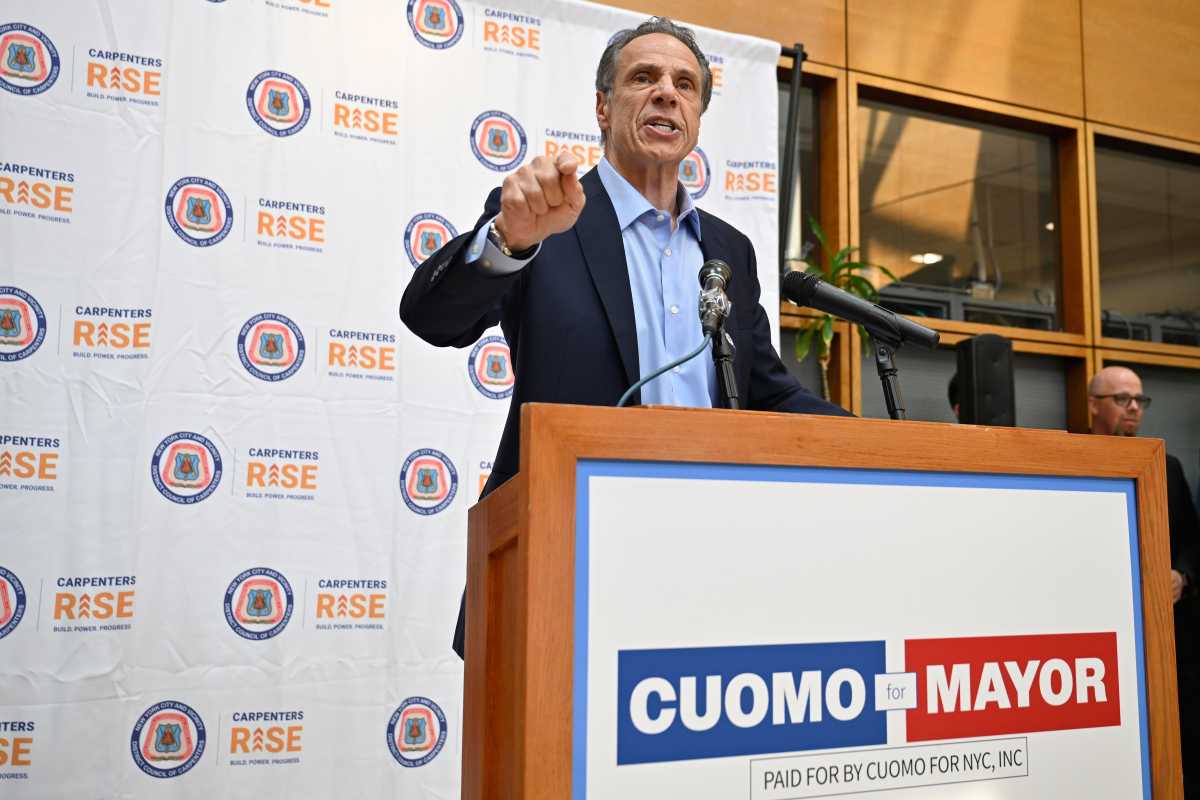A Systemic Failure
BY HELEN SEARS
The troubles of St. John’s and Mary Immaculate hospitals are only the most recent casualties of the modern American health care system - a system currently on life support. Despite our best efforts to save the hospitals, we could not overcome the structural problems facing health care in America.
One of the fundamental issues behind this is the lack of a reasonable and fair reimbursement system. Simply put, HMO’s have bungled health care by taking it from the hands of doctors and putting it in a computer. These computers tell us how we should feel and be treated by a letter and a number, and anything that does not fit into this system is in danger of insufficient reimbursement or denial, creating a gap between quality care and just compensation.
Further compounding the problem, these formulas also apply to Medicaid and the NY State Bad Debt Charity Fund (which covers the cost of the uninsured). New York City has long been shortchanged of its fair share from the state in this regard, providing a majority of the care and not receiving adequate compensation. Without full or even adequate reimbursement for services provided, it is impossible to run a successful hospital.
Nor will closing these hospitals simply make the problem go away; rather they shift the responsibility of care onto other institutions, which will in turn face the same problems. Each time we close a hospital we increase the pressure on others.
People will not stop needing care just because the hospitals they once frequented are gone. As we enter more fully into this time of financial crisis, this problem will only worsen. Resources are limited and HHC and other hospitals are already feeling the budget crunch.
This brings us around again to the national health care debate and the question of cost. One of the most potent arguments in this debate is the claim that it will be much cheaper in the end to cover everyone through some form of universal coverage because it will encourage people to visit primary care centers and focus on disease prevention (yearly check-ups, mammograms, pap smears, etc).
This is why I have actively promoted increasing access to primary care facilities across the five boroughs, but especially in western Queens. These facilities focus on diagnosis, treatment and educating the patient on how to maintain the stability of their health. These facilities are not intended to replace hospitals, but rather to relieve the stress on their emergency rooms by reaching out to under-served populations and providing them with preventative care.
Queens is the most diverse place in the country, and our health care challenges are unique. Nevertheless, I have always said it is better to have a healthy community than a sick one. In our hospitals, we do not have one door for insured patients and one for uninsured. We get the same care regardless of whom we are.
We must find a way to maintain this. The closings of St. John’s and Mary Immaculate hospitals may well represent a sign of things to come, and signify a national, systemic failure on the part of the health care industry and government.
In order to forestall this flat lining, one of the most important things we can do is initiate reimbursement reform. We must revisit, revise and redistribute the formulas that more and more seem to dictate the solvency of our health care system.
Above and beyond this, we also need to focus both our attention and our resources on making certain that we do not sacrifice the long-term health of our communities upon the altar of short-term political expediency and fiscal policy.
Helen Sears is the Council Member for the 25th District, representing Elmhurst, East Elmhurst, Jackson Heights, Corona, LeFrak City and Rego Park.



































